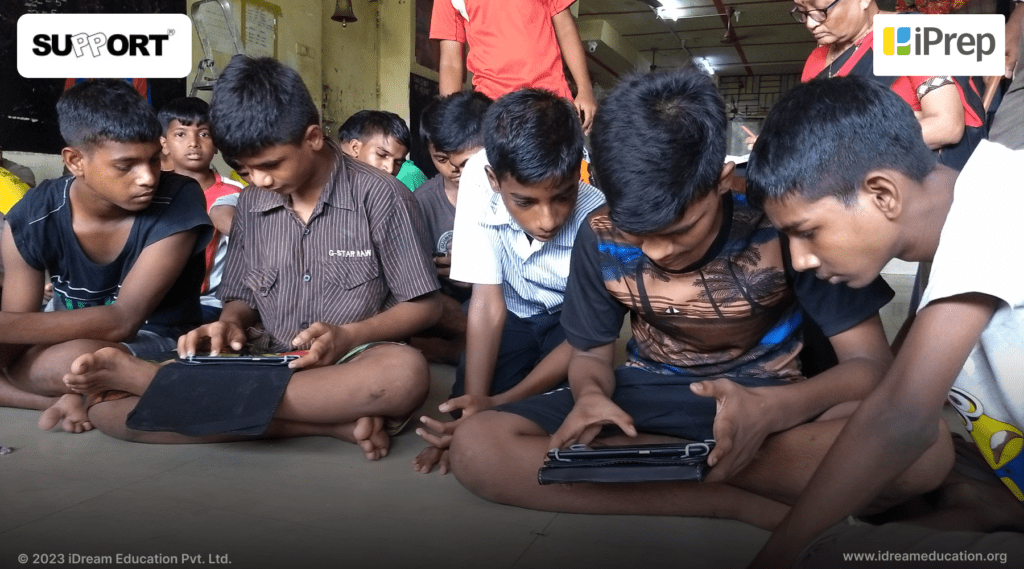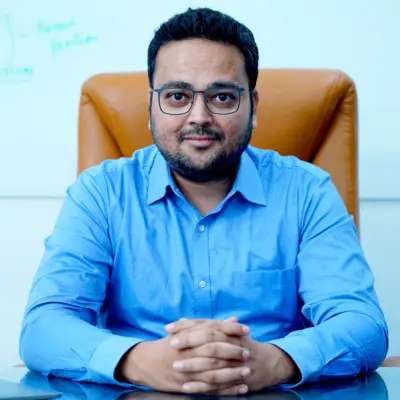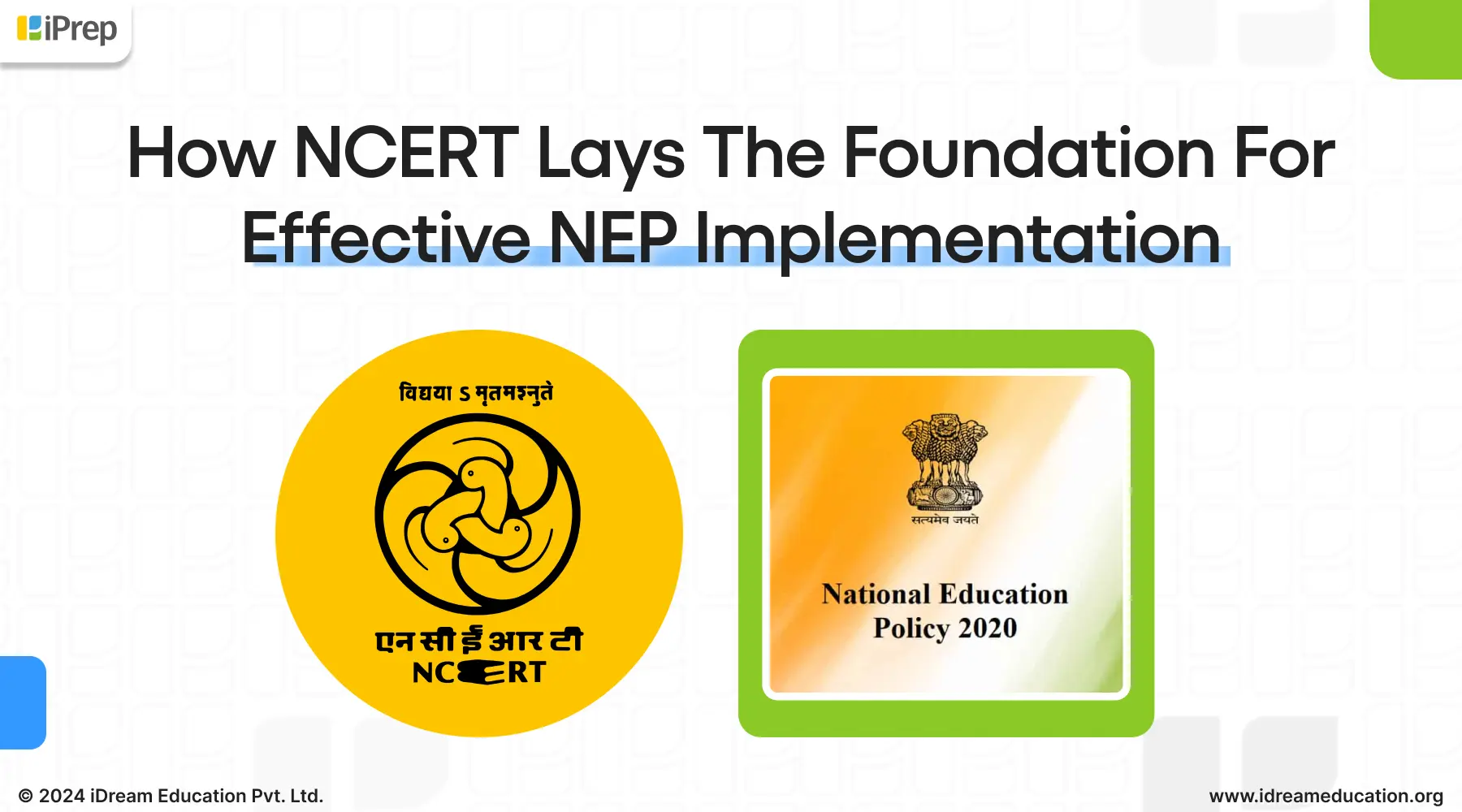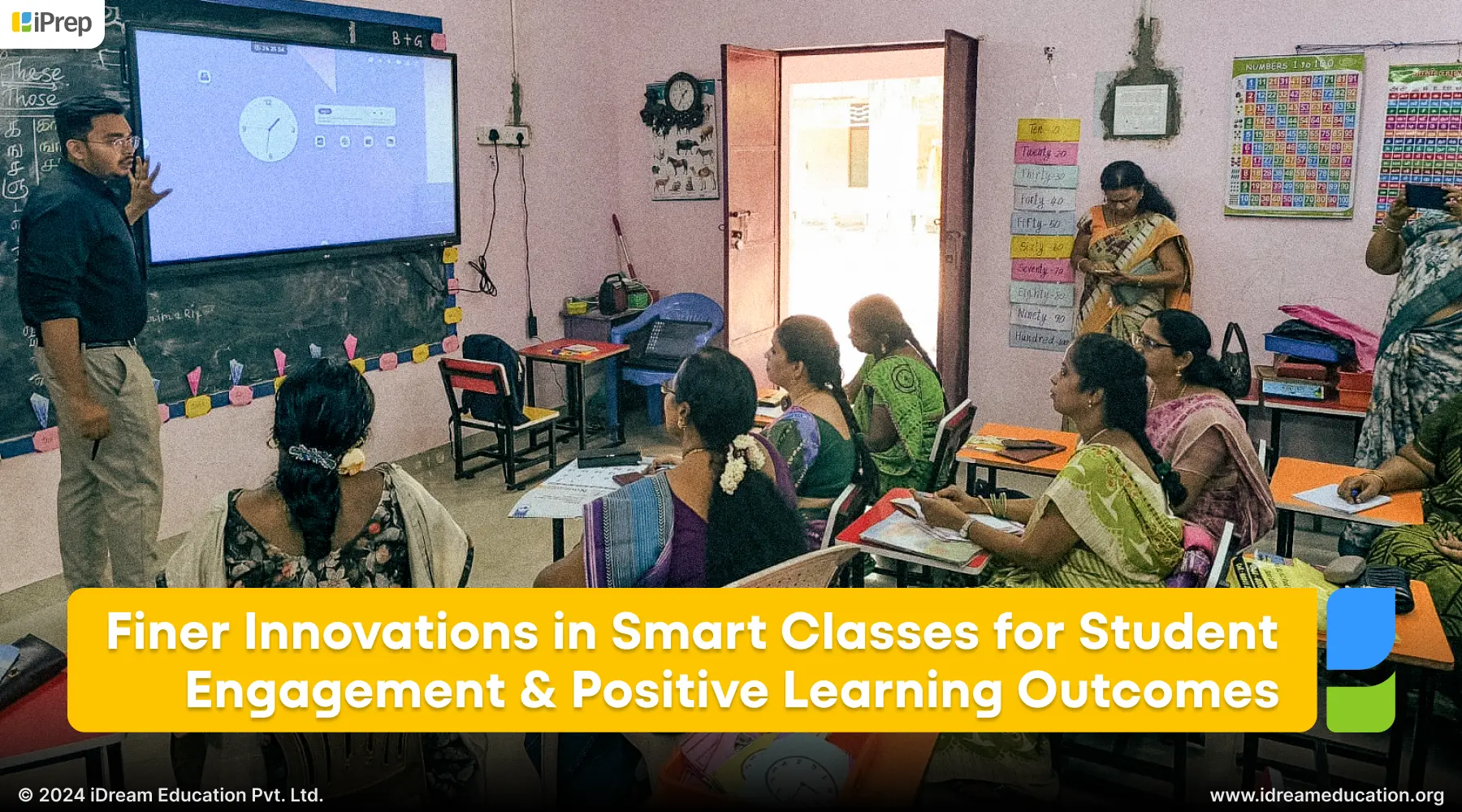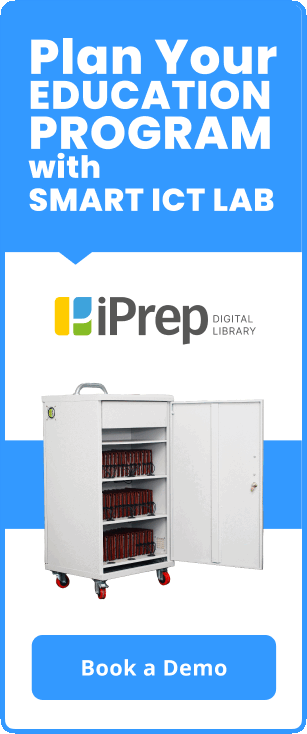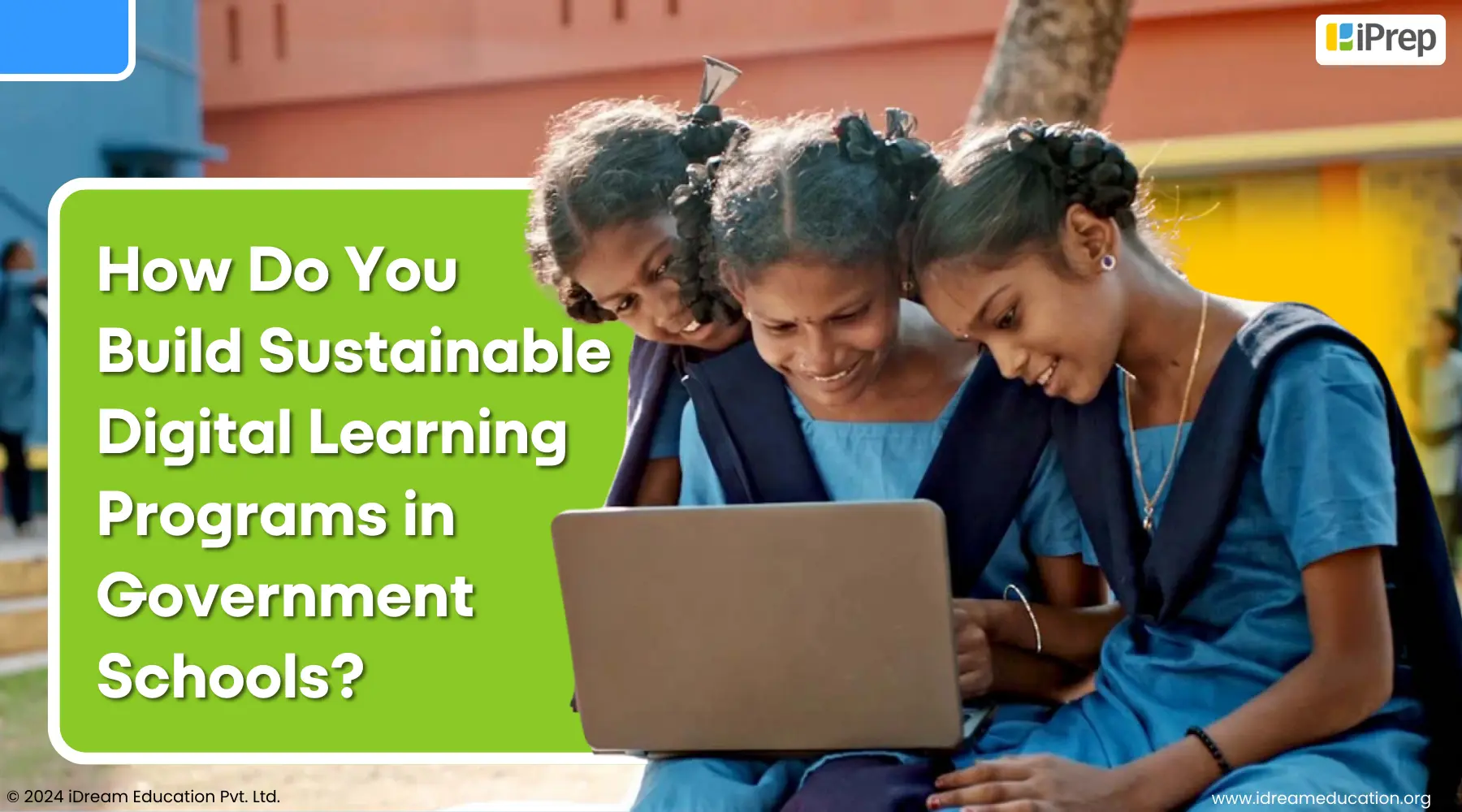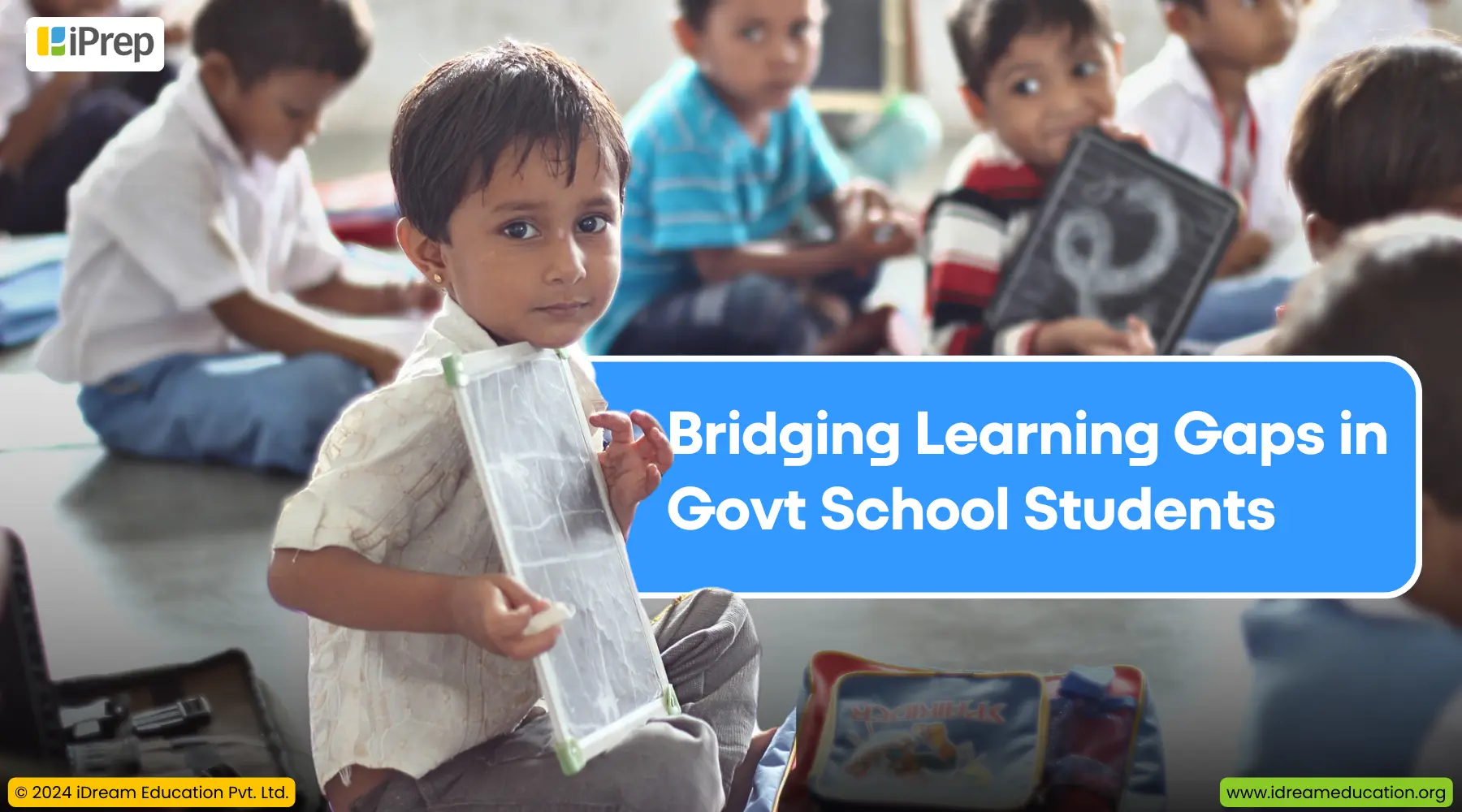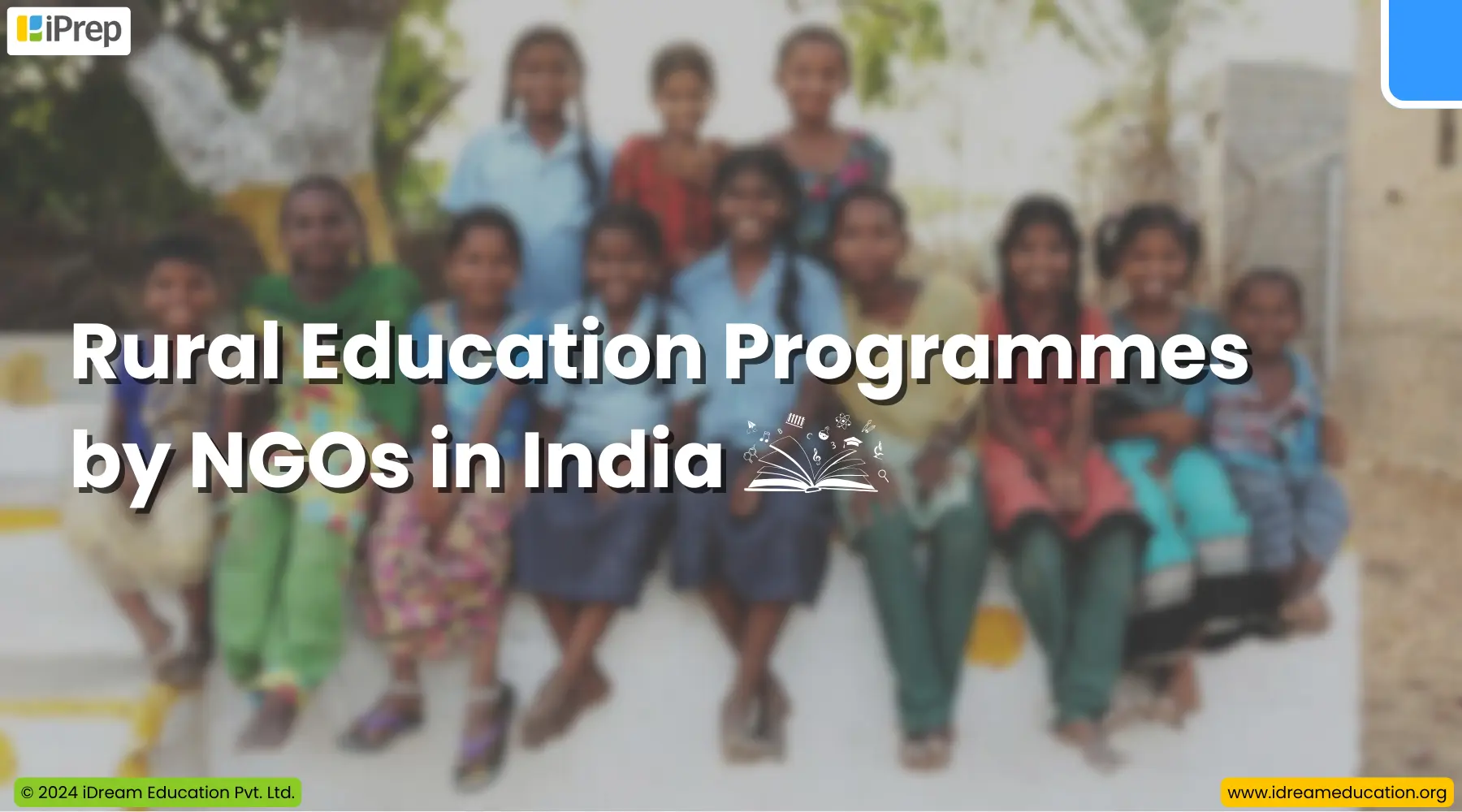Happy Dussehra 2023 and a Story of How Vice of Drugs was Won Over by Digital Learning
In the shadow of addiction’s grip, a glimmer of hope emerged with the implementation of ICT Lab for Digital Learning.
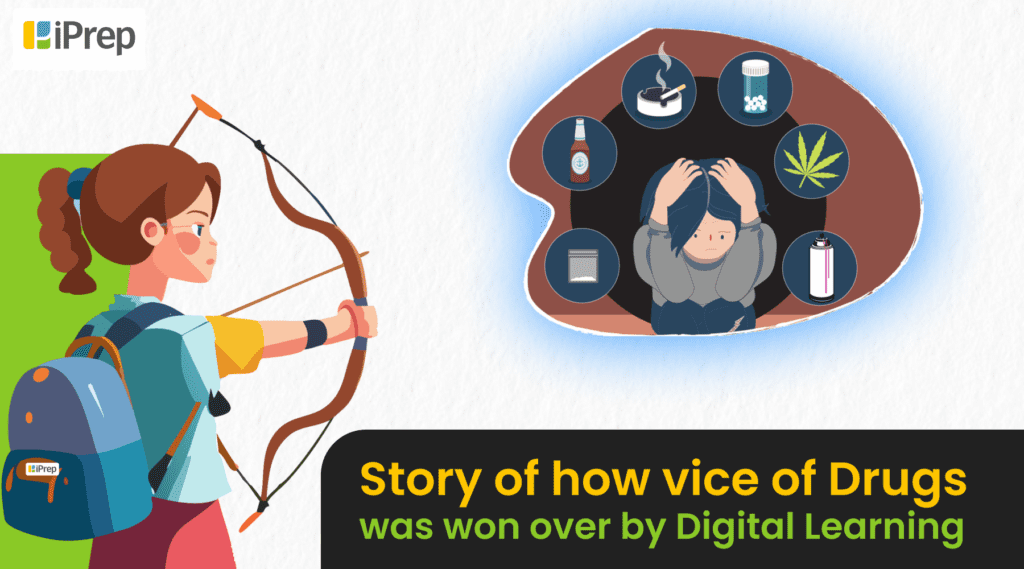
The year was 2018. When the world was yet to witness and know about COVID-19. I was in Mumbai and was visiting a centre of a local NGO called Support. From what I have gathered so far, the NGO is engaged in the work of rehabilitating kids who are deeply into drugs.

Introduction to Digital Learning at Support NGO
Asian Paints, India’s leading paints company collaborated with us to provide 20 tablets with offline digital content to the Support NGO. Our team at iDream had set up the ICT Lab and provided training to their staff.

With not enough context, I visited the NGO for the first time.
It was a very narrow lane on one of the floors of the building where I was walking with Vijay ji ( a senior staff member of Support NGO) and he was sharing with me the history of his organisation. A little ahead on the left, I saw a locked door. I was intrigued and asked Vijay Ji, what was inside. What he shared next and what I saw when the door was partially opened, has stayed with me even today.
Support NGO picks up kids from the street, the railway station, and other such places in a state of drowsiness, heavily under the influence of drugs.
The majority of these kids are orphans or have been left by their parents because they cannot take care of them. The kids come under the influence of drugs and eventually get the habit of using them.
According to Vijay ji,
A minimum of three weeks without drugs is required for a kid to lose their desire to use drugs. So when they bring a kid to their centre, they shave his/her head and then lock them inside the door which I had seen. The staff member inside the room takes care of the kids, and ensures they eat well but under no circumstances are they allowed to go out of the room, come what may. I was still shaken once Vijay ji finished.
My next question was, what happens after 21 days?
Kids continue to stay in their centre. As a part of their routine, they attend learning sessions conducted by trained teachers working with Support NGO. In the learning sessions, the teachers make an effort to understand the current learning level of the students. The objective is that once they identify how much a kid knows, they take them through lessons in Math, Language, and other subjects, bring them at par with their current age, and then get them admitted to a nearby government school. For the NGO’s staff to do this, it typically takes them 1.5 years, which is a lot. It takes so much time because firstly it is very difficult to figure out in a group of kids with different ages, what is the current learning level. Then the teacher has to create a unique learning path for each kid. Even if we have a group size of 50 kids spread across age groups, this is a very difficult exercise for the teaching staff. And then the traditional approach to teaching which the staff teachers follow is not very engaging making it more challenging for them to get the attention of the kids and make them study and work hard.
Vijay ji told me that they want to reduce this time and be able to send kids to school quickly. This is because it takes a lot of money and resources. He wanted to optimise the process of managing kids at centre to ensure kids get a chance to school. He had approached one of their funders Asian Paints asking them if technology could be used to fix this. And that is how we had come into the picture. And I am so glad we did.
While we were implementing the tablets and training their staff, we did not know the context in so much detail. But now, I could see how tablets can help the Support NGO.
Next, I met Vijay ji at an event where both Support NGO and iDream Education were being awarded for our work in enabling social change.
The year was 2019 and it was around Dussehra. That is when Vijay ji walked up to me and whispered in my ear, “Aapke tablets and digital learning ki wajah se humne drugs jaisi aadat ko hara diya“, which translates to, “With the help of your tablets and the digital learning through them“, we have managed to defeat the vice of drugs, he concluded. In the last one year that they had been using the tablets, they were able to bring down the time of admitting the students to the nearby government school from 1.5 years to just 6 months. How they did it is perhaps a part of another story, which I will try to bring to you soon.

